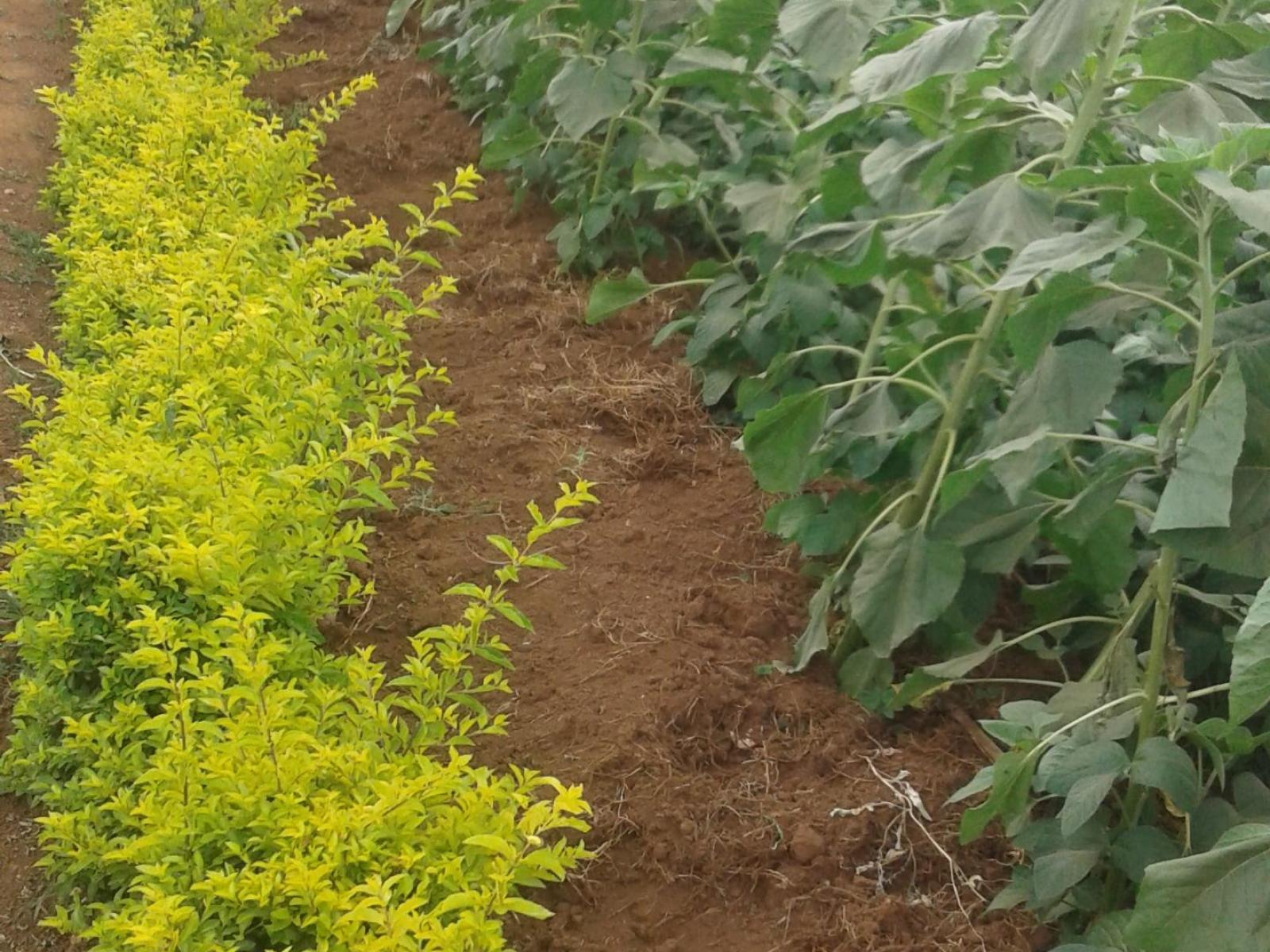An Overview Of Our Solution
- Population Impacted:
- Continent: Africa
Organization type
Population impacted
Size of agricultural area
Production quantity
People employed
Describe your solution
Describe your implementation
External connections
What is the environmental or ecological challenge you are targeting with your solution?
Describe the context in which you are operating
The use of fallow land to allow restoration of soil fertility is no longer a viable option in Western Kenya, due to land scarcity caused by the declining average land holding per household occasioned by rapid population growth. The current population exerts pressure on land to meet household basic needs such as food, employment and income. There is no possibility of area expansion in Western Kenya since the forest frontiers are closed. Therefore, farmers struggle to maintain production levels by increasing cropping intensity, inter-cropping and multiple cropping which further cause soil mining. Attaining improved food security and livelihoods of farmers in Western Kenya through increased agricultural productivity will remain an illusion if soil mining and land degradation remain unchecked. There is also haphazard application of chemical fertilizers without taking into consideration the nutrients that are deficient since no lab soil testing is being undertaken.
How did you impact natural resource use and greenhouse gas emissions?
Language(s)
Social/Community
Water
Food Security/Nutrition
Economic/Sustainable Development
Climate
Sustainability
The farmers working in groups reduce costs of training and acts as a platform for joint marketing of chicken manure. This will in turn reduce the costs of operation.
Packaging the products and labeling them as 10kg 25kg and 50Kg and marketing them as packaged chicken manure in various farm stores across the region. Margins generated from selling will be used to sustain the venture.
Leveraging on existing infrastructure of our one hen campaign initiative i.e. groups, distributors etc will help in reducing costs of looking for new markets and platforms.
